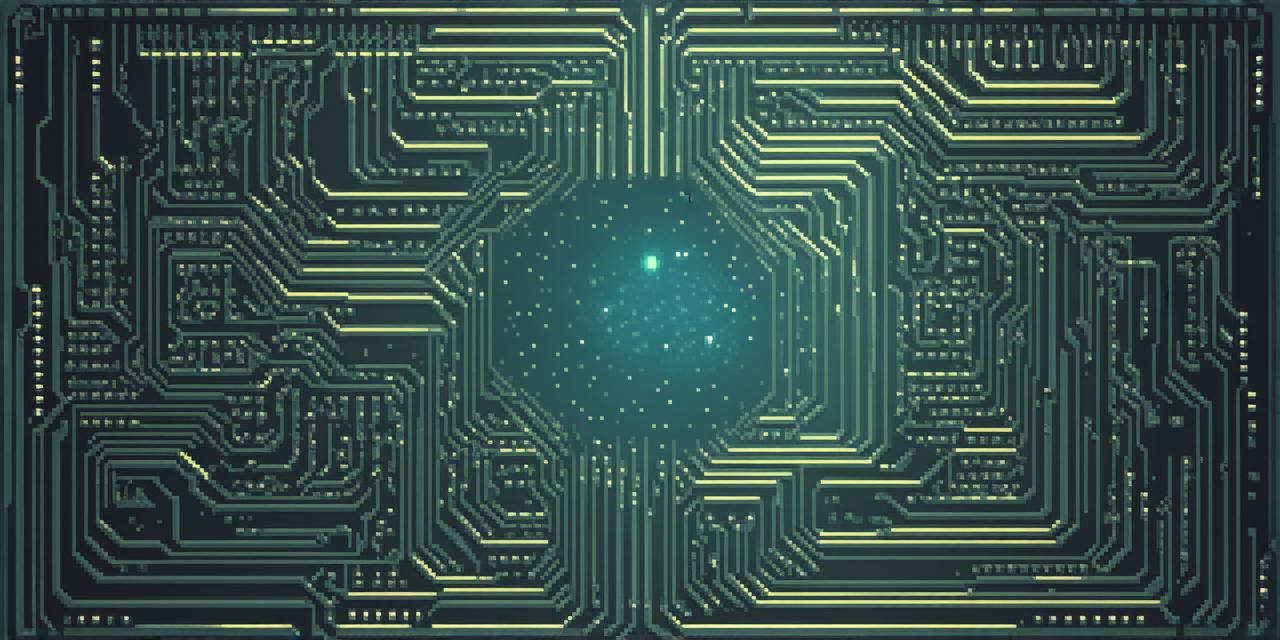Godot and Unity are both popular game engines that allow developers to create games for various platforms. However, they differ in several key ways.
Graphical User Interface (GUI)
One of the main differences between Godot and Unity is their GUI. Godot uses a built-in visual scripting system called GDScript, which allows developers to create complex game logic with minimal coding. On the other hand, Unity uses C as its primary programming language, but also has a visual scripting tool called Blueprints.
Performance and Optimization
Godot is known for its high performance and low memory usage, which makes it well-suited for mobile devices and consoles. In contrast, Unity can be more resource-intensive, especially when creating complex 3D environments with many assets. However, Unity has more advanced optimization tools that allow developers to optimize their games for specific platforms.
Community Support and Ecosystem

Both Godot and Unity have large communities of developers, but they differ in the type of support they provide. Godot has a strong focus on open-source development and community involvement, with many free resources and tools available to help developers get started. On the other hand, Unity is a commercial product, with paid licenses and support from the company itself.
Pricing and Availability
Godot is open-source and completely free to use, making it accessible to anyone with an internet connection. Unity, on the other hand, has both free and paid versions, with the paid version requiring a license fee. However, Unity also offers more advanced features and support for commercial projects.
Summary
In conclusion, while Godot and Unity share some similarities, they differ in several key ways. Godot is known for its ease of use and high performance, while Unity offers more advanced tools and support for commercial projects. Ultimately, the choice between the two engines depends on the needs and goals of the developer.
